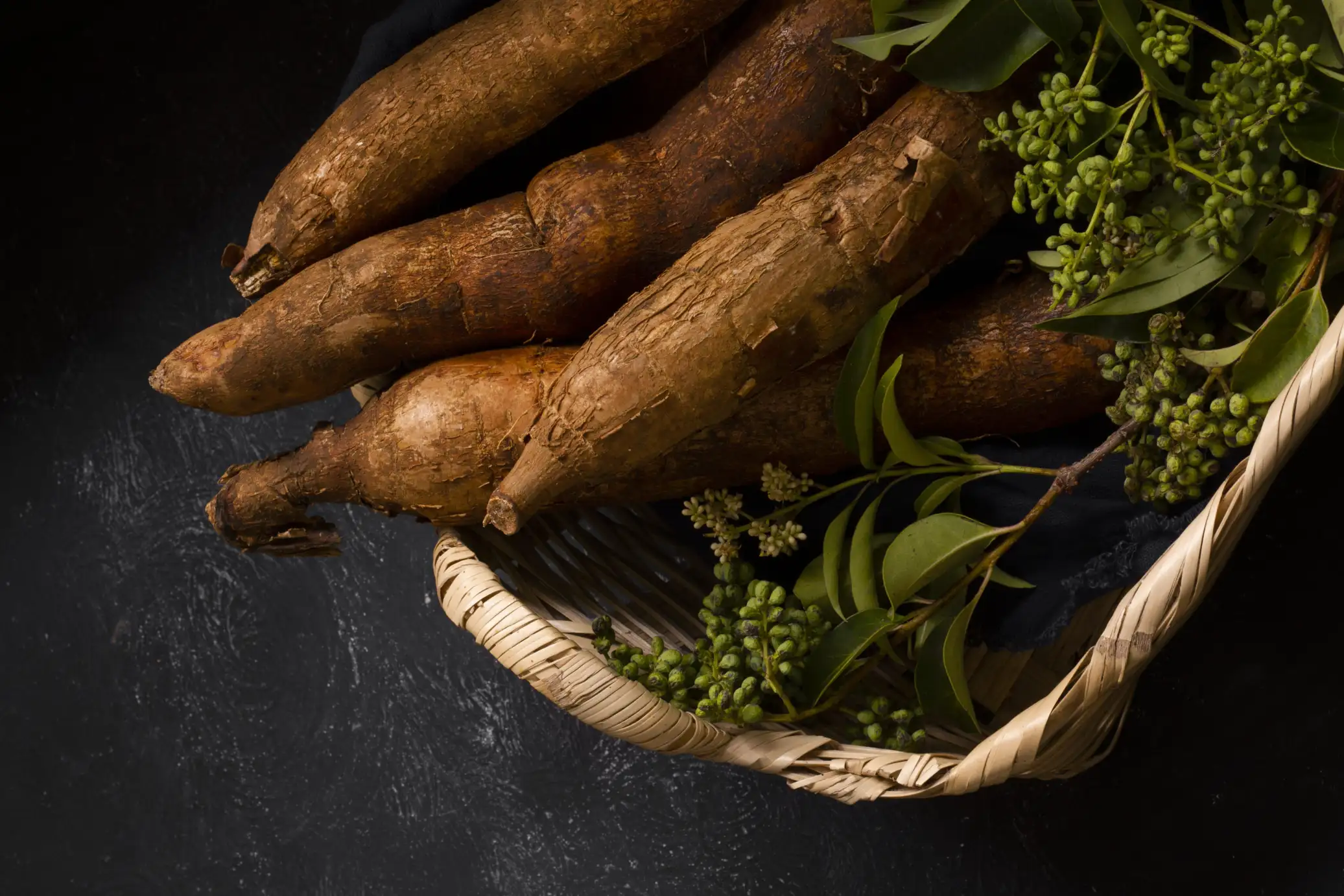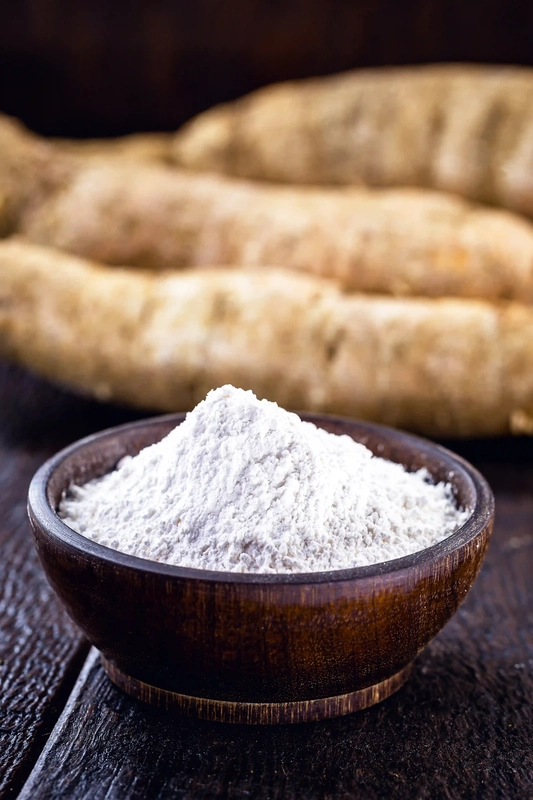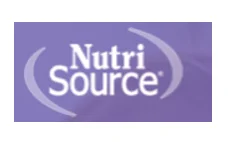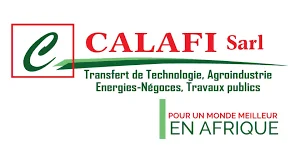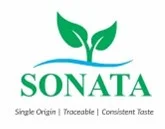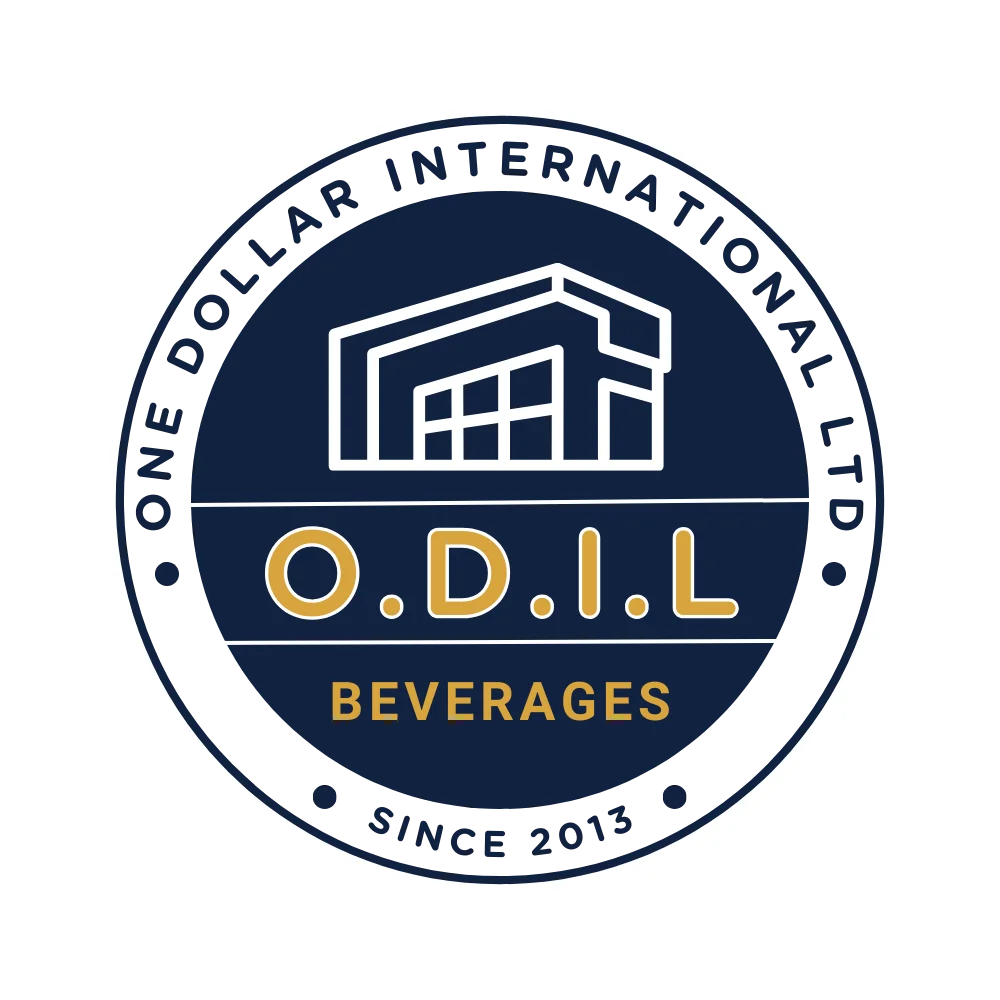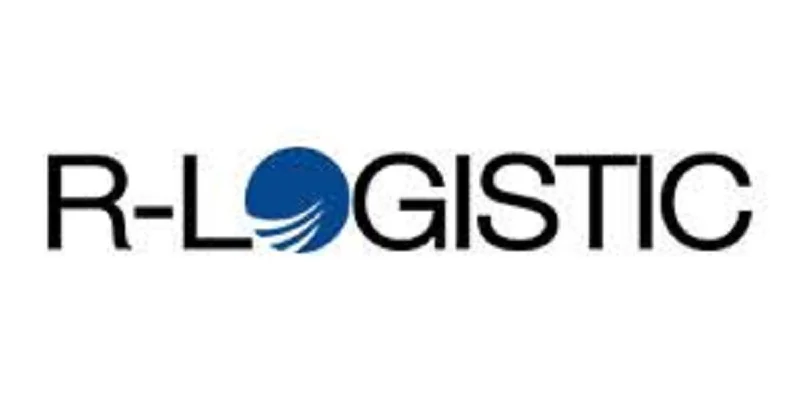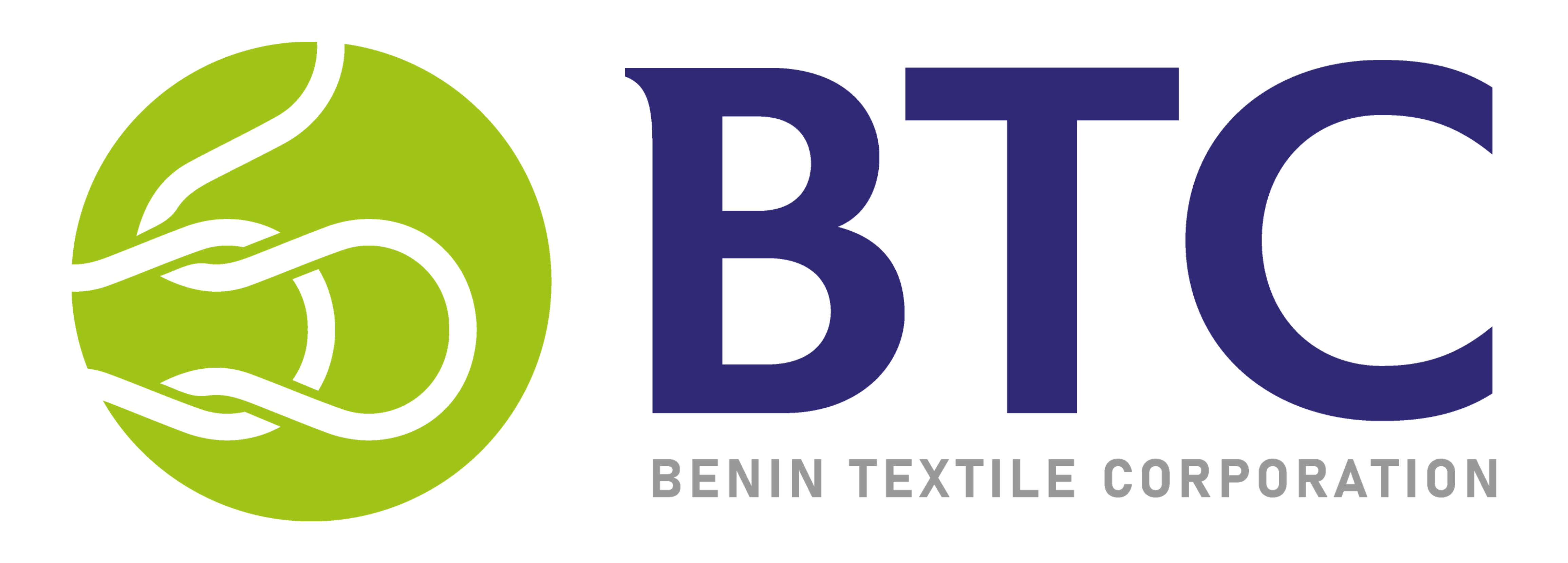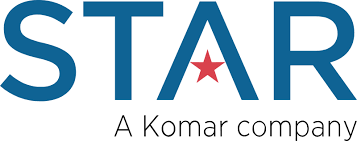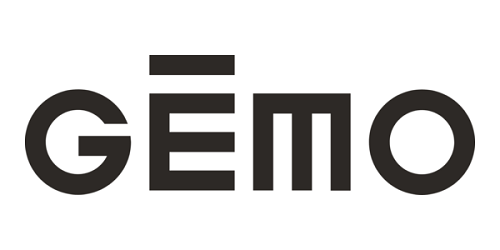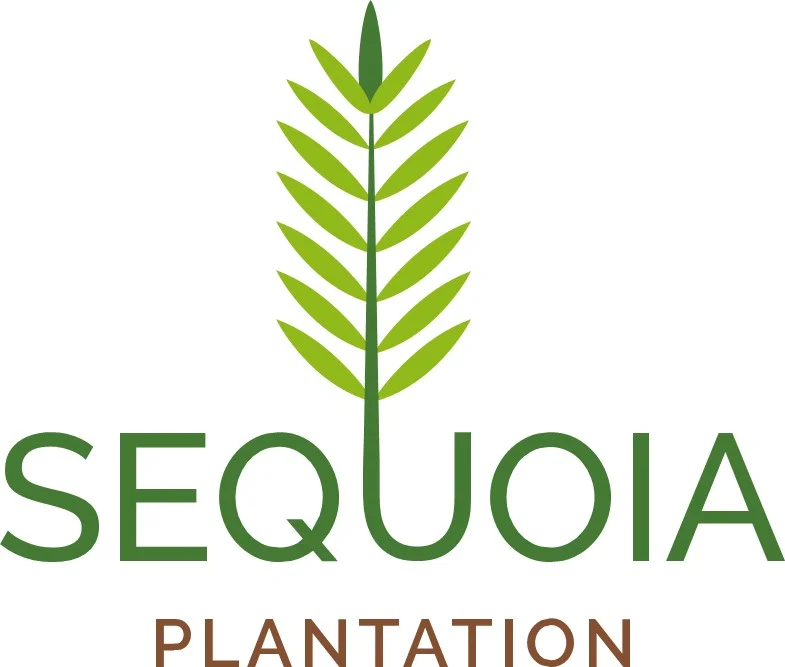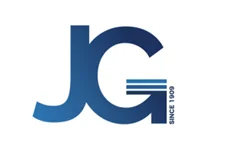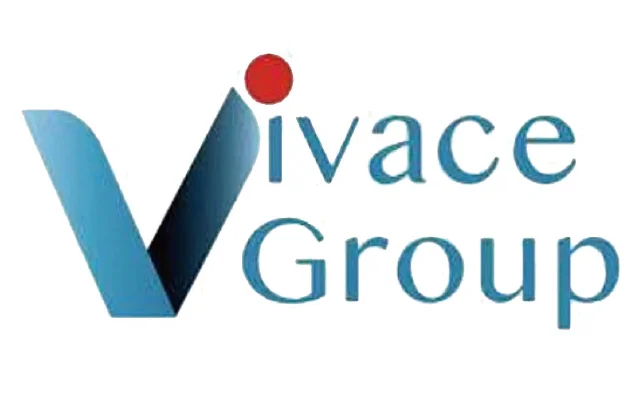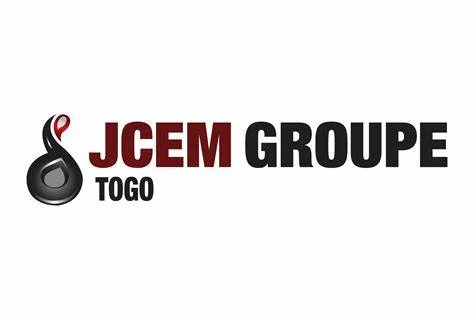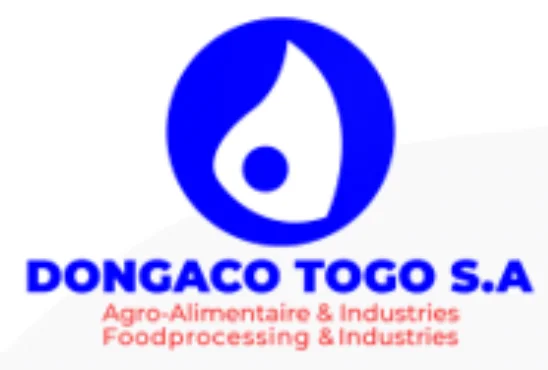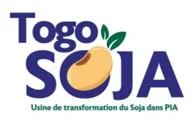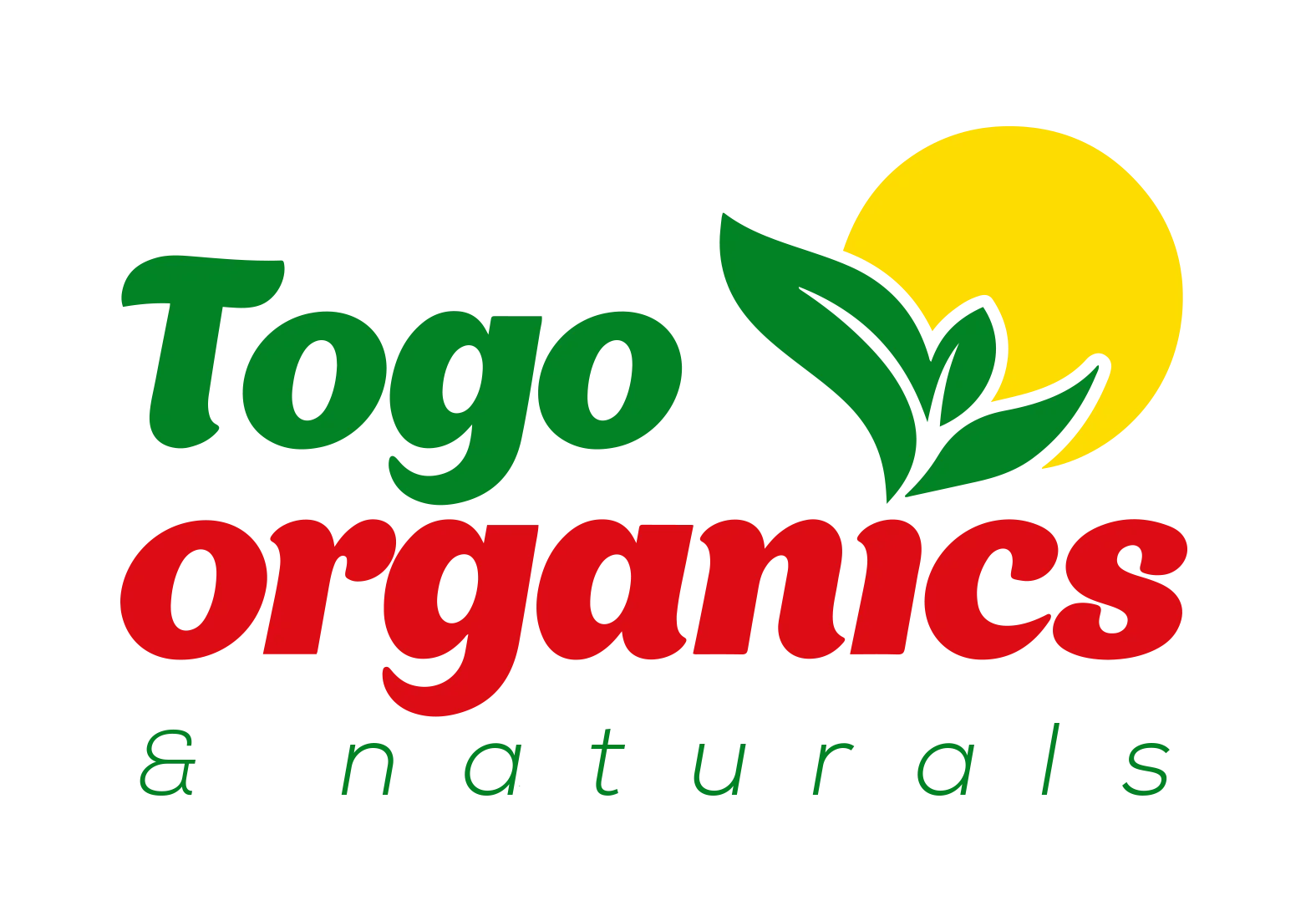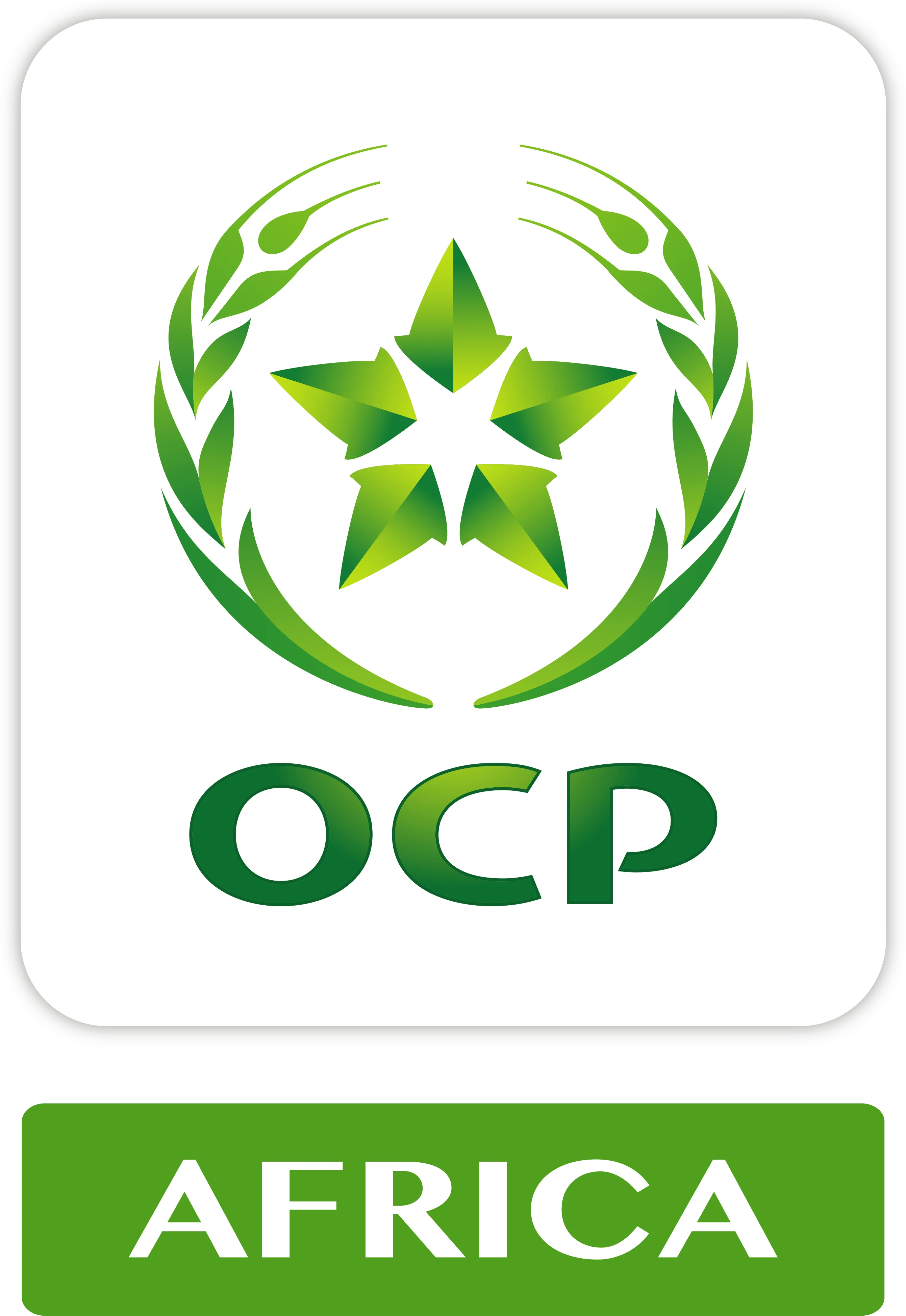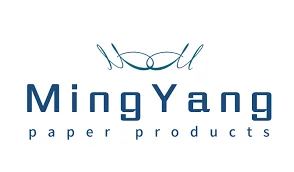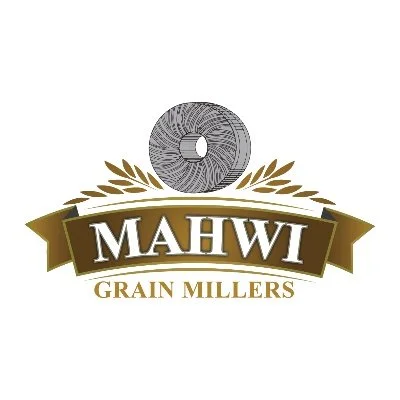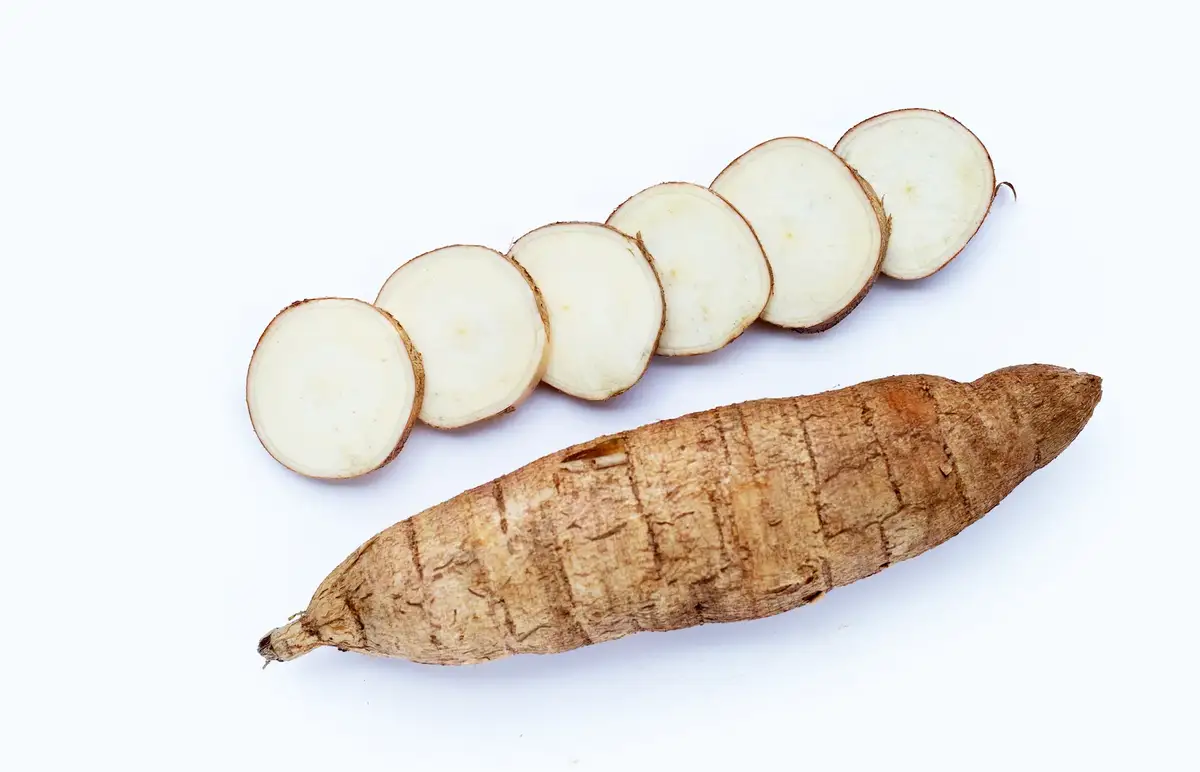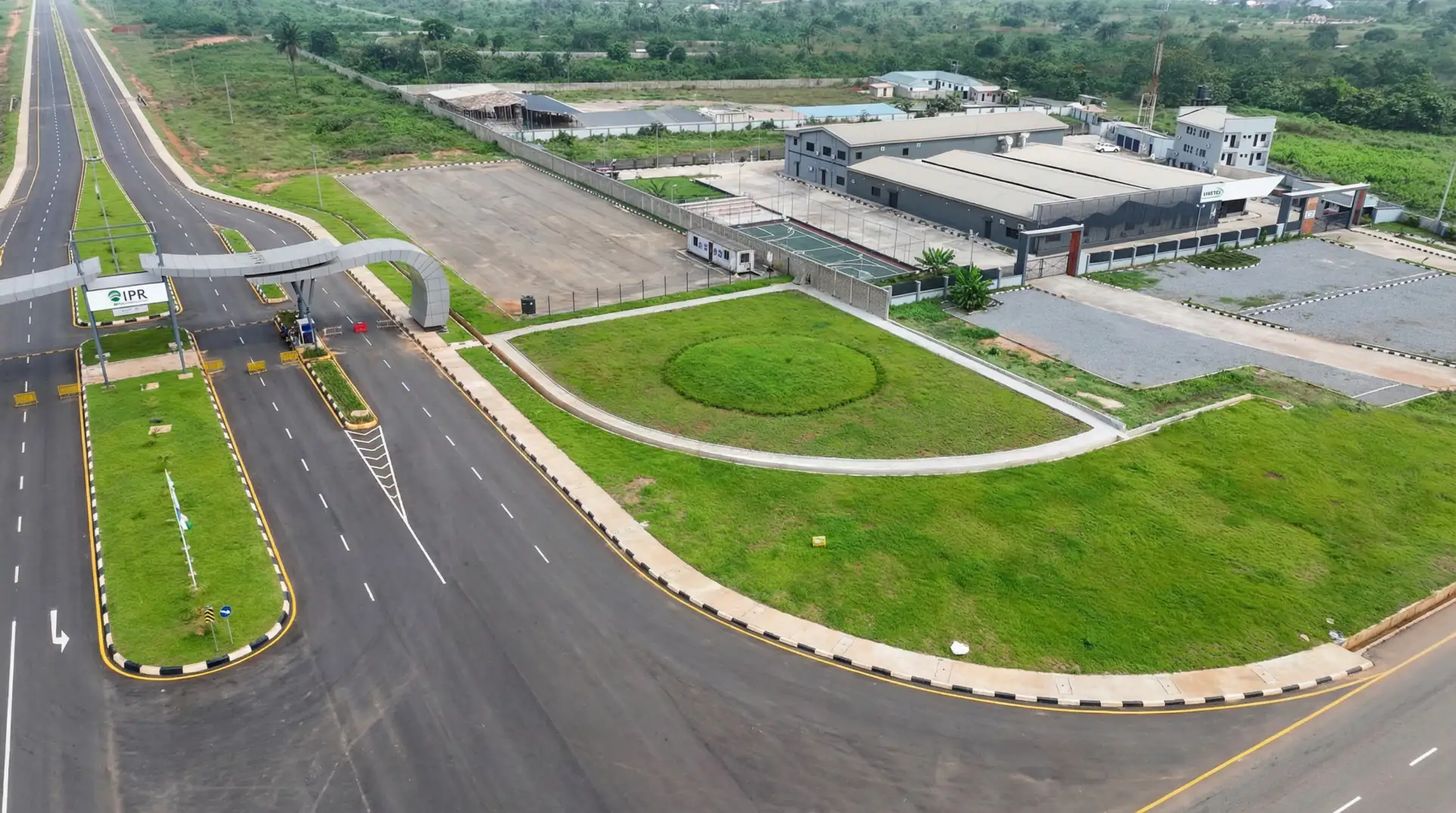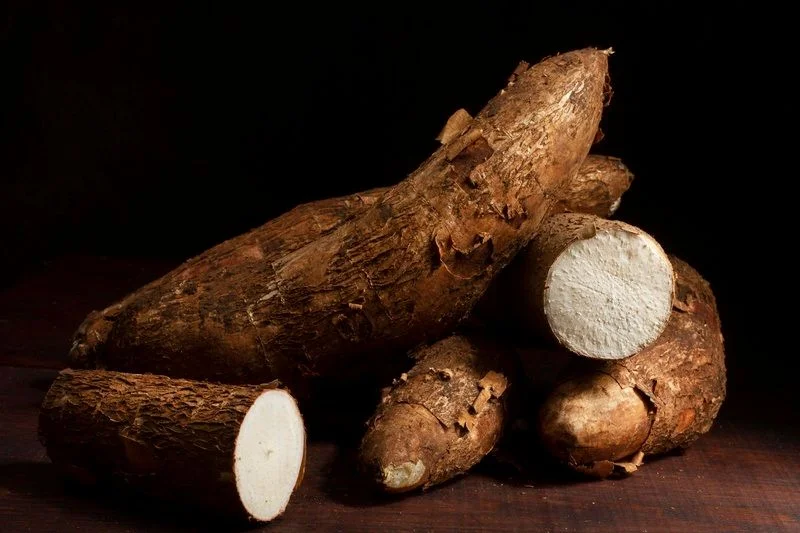How profitable is the cassava business in Nigeria?
The cassava business can be quite profitable, especially when engaging in value-added processing such as producing cassava flour or garri. Profitability is enhanced by strong domestic demand and opportunities for export.
What is the price of cassava per ton in Nigeria?
The price of cassava per ton in Nigeria typically ranges from ₦30,000 to ₦50,000, though it can vary based on location, season, and market conditions.
What is the demand for cassava in Nigeria?
The demand for cassava is high in Nigeria due to its role as a staple food and its use in various products such as garri, fufu, and cassava flour. The demand is supported by both local consumption and potential export markets.
How much can one earn from cassava farming in Nigeria?
Earnings can vary, but typically, one can earn between ₦200,000 to ₦600,000 per hectare annually, depending on yield, market prices, and efficiency of farming practices.
How to start a cassava farm in Nigeria?
Start by conducting market research, acquiring suitable land, sourcing high-quality cassava cuttings, preparing the soil, planting, and setting up irrigation and pest control systems. Ensure access to processing facilities and distribution channels.
Why should I invest in cassava cultivation in Nigeria?
Investing in cassava is attractive due to its high demand, profitability, low initial investment compared to other crops, and Nigeria’s position as a major global producer with significant growth potential.
What are the key factors to consider when investing in cassava farming?
Soil quality, climate suitability, water availability, pest management, access to quality planting materials, and infrastructure for processing and distribution.
What are the most profitable cassava-based products?
The most profitable cassava-based products include cassava flour, garri, starch, and ethanol. These products generally offer higher profit margins compared to raw cassava.
What government incentives are available for cassava investment in Nigeria?
Government incentives include tax breaks, import duty exemptions on machinery, grants, and support under various agricultural development programs aimed at boosting cassava production and processing.
Is there growth potential for cassava in Nigeria?
Yes, there is significant growth potential due to increasing domestic demand, the potential for export expansion, government support, and the opportunity for value-added processing.
What are the current trends in cassava farming and processing in Nigeria?
The adoption of improved cassava varieties, mechanization, investment in large-scale processing facilities, and efforts to enhance value addition and export potential are trending right now in cassava farming and processing in Nigeria.
How to assess the market demand for cassava products?
Assess market demand by analyzing consumer trends, engaging with local processors and distributors, conducting market surveys, and studying export opportunities.
What are the best practices for maximizing cassava yield and quality?
Best practices include using high-yielding and disease-resistant varieties, maintaining proper soil fertility, implementing effective pest control measures, and adhering to best agricultural practices for planting and harvesting.
What determines the return on investment for cassava farming?
ROI is determined by factors such as production efficiency, market prices, yield per hectare, input costs, and the ability to access value-added markets. Effective management and cost control also play a critical role.



